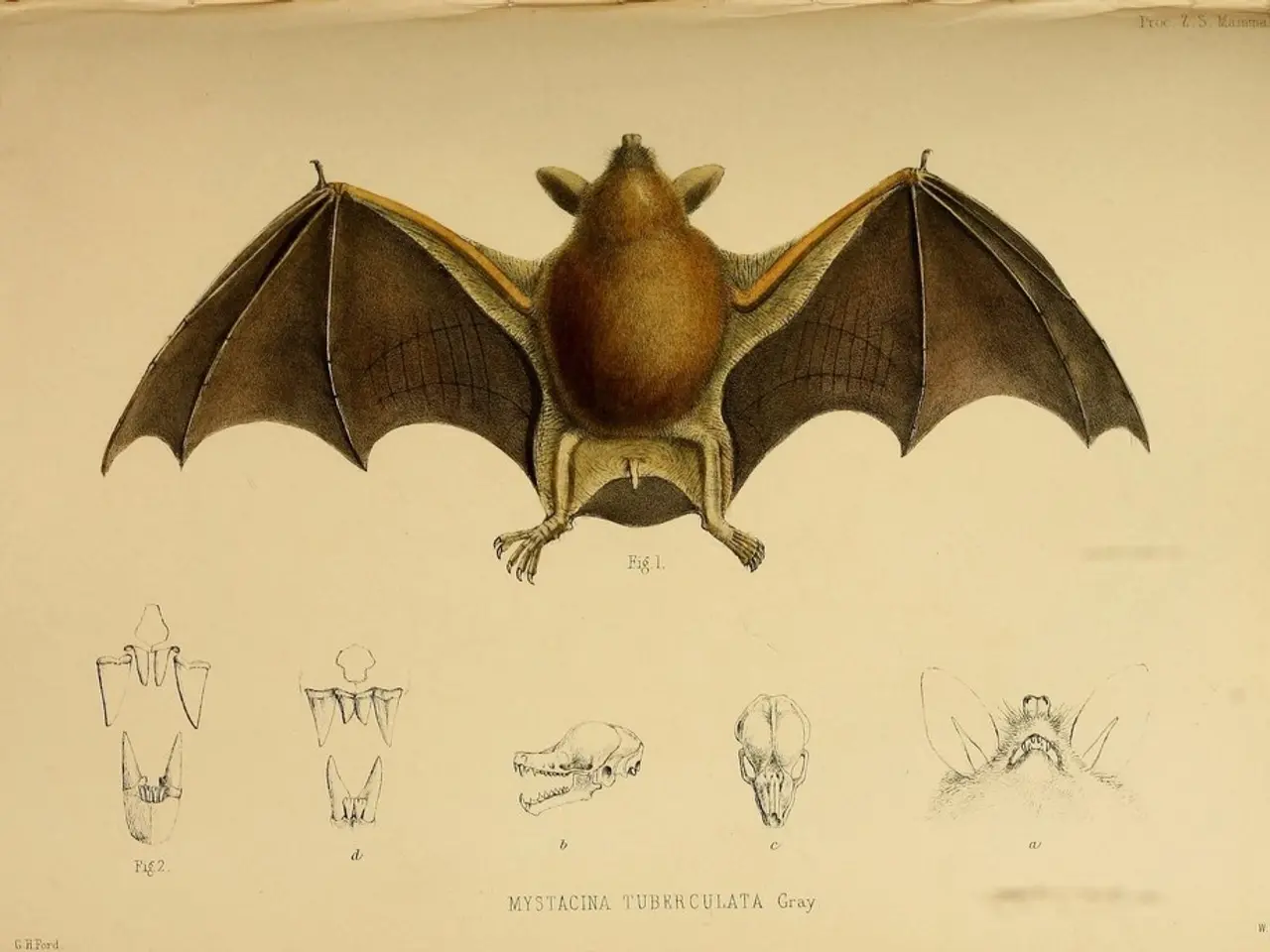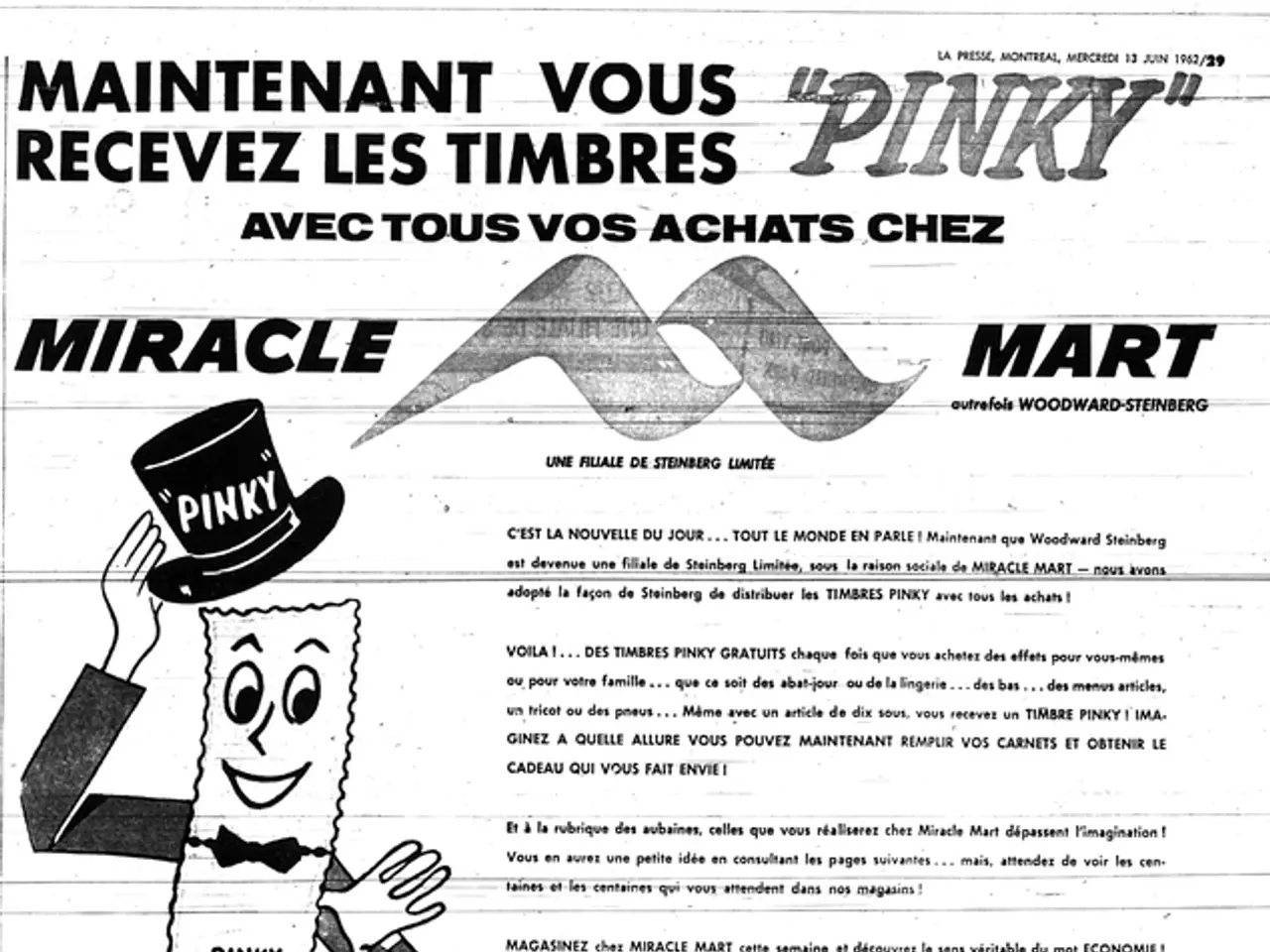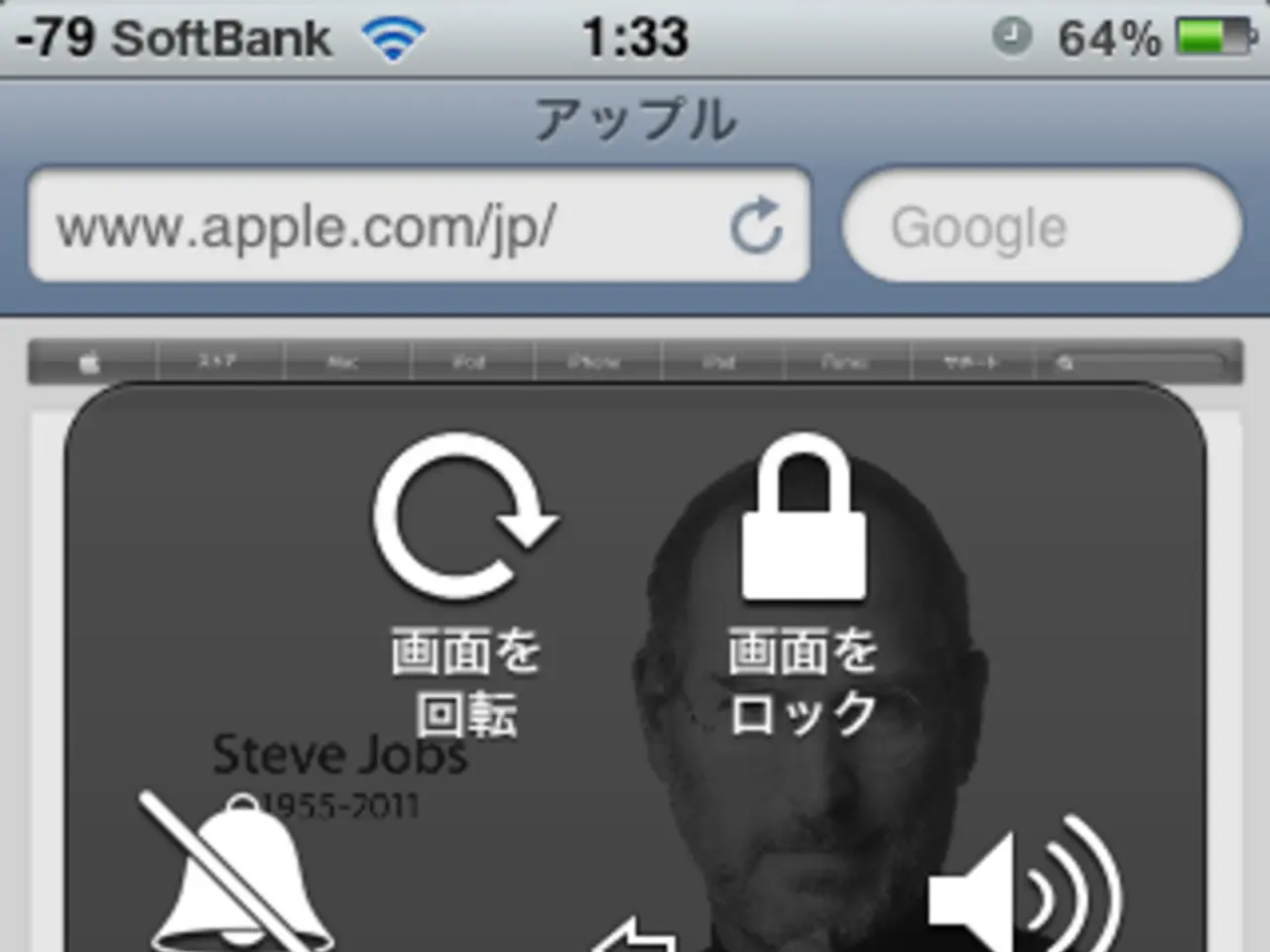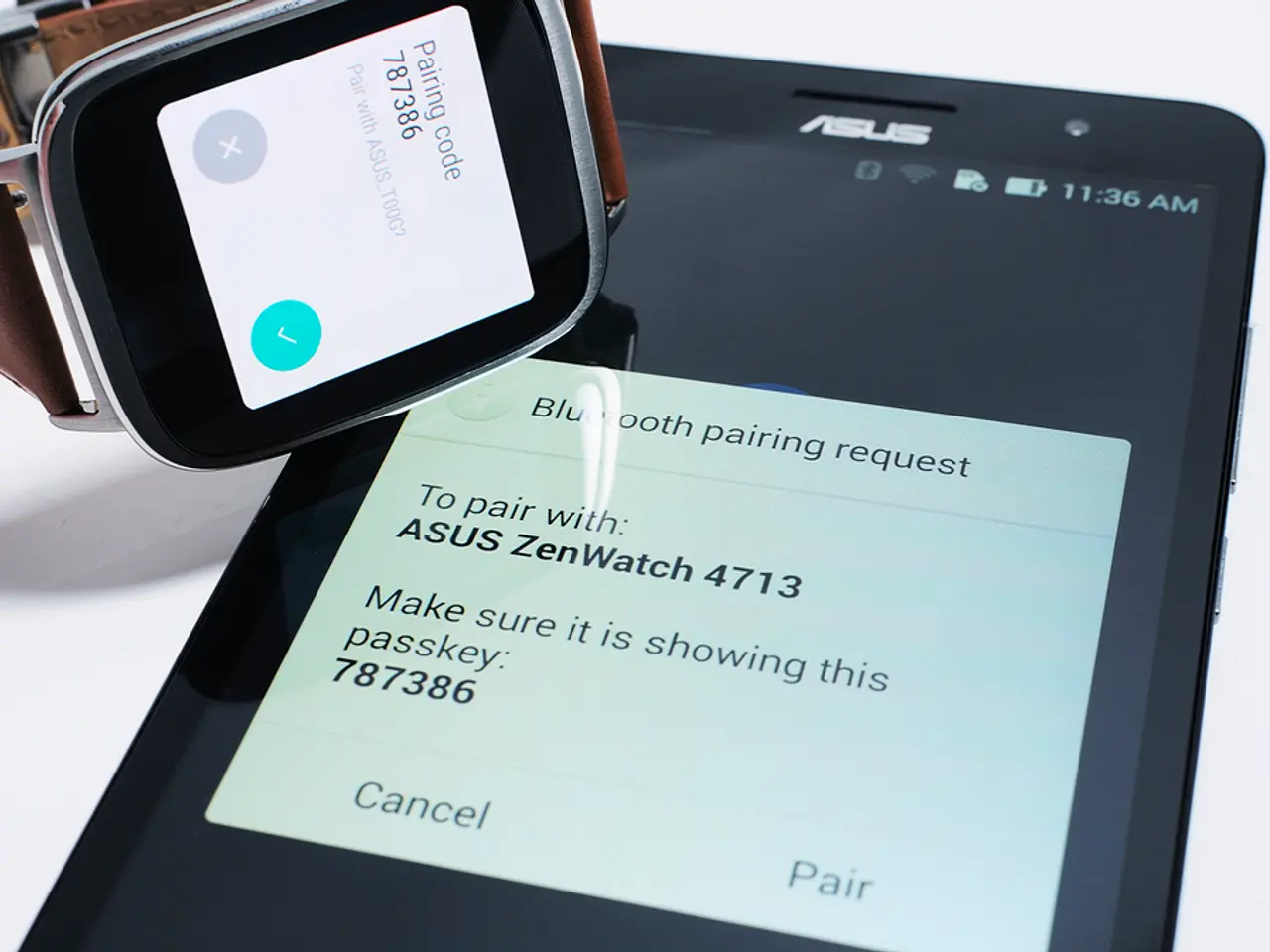Electric cars may soon see a significant upgrade with the emergence of 'Chocolate' batteries, poised to redefine energy storage in the automotive industry.
The electric vehicle (EV) landscape is about to undergo a significant change with the introduction of 'chocolate' batteries, a groundbreaking innovation developed by a leading Chinese company. These modular, fast-swappable battery packs, resembling pieces of chocolate in shape, are poised to revolutionise the EV industry, offering potential solutions to some of the major challenges faced by the sector.
The 'chocolate' batteries are available in two initial models: the 20# for city cars with up to 310 miles range and the 25# for sedans capable of reaching 373 miles. The integration of these batteries into mainstream automotive production is set to begin soon, with compatible vehicles expected on Chinese roads by 2025.
The batteries are designed specifically for fast battery swapping technology rather than conventional plug-in charging. They come in fixed sizes that fit multiple vehicle classes, making it easier for various car manufacturers to adopt the technology. The #20 pack targets smaller A0-class vehicles, while the #25 is suited for larger A-to-B-class BEVs.
The batteries are installed and swapped at automated stations that can replace a depleted battery with a fully charged one in about 100 seconds, enabling very fast "refueling" for EVs. CATL, the company behind the development of these innovative batteries, plans to build thousands of swap stations, aiming for 1,000 stations in 2025 and eventually 30,000.
By enabling battery swaps in under two minutes, 'chocolate' batteries address one of the major barriers for EV adoption: long charging times. This approach allows EVs to be "refueled" almost as quickly as gasoline vehicles, potentially increasing consumer confidence in battery technology and accelerating the adoption rate of electric vehicles worldwide.
Using Battery-as-a-Service (BaaS) and swapping networks, the initial cost of EVs can be decreased since the battery is not sold with the car. Subscription or pay-per-use plans can spread costs and reduce battery degradation worries for consumers. The network of swapping stations also supports subscription-based models, which can extend battery lifespans by optimising charging and usage cycles.
The packs use lithium iron phosphate (LFP) or ternary lithium batteries, balancing energy density and cost. They weigh several hundred kilograms each, with energy densities sufficient for 500–600 km of range under CLTC testing cycles.
The 'chocolate' batteries are named for their modular design, resembling a chocolate bar's segmented structure. CATL integrates battery swapping with advanced recycling and circular economy principles, aiming to reduce dependency on raw materials and lower environmental impact through battery reuse and recycling.
Initially successful in China, CATL is expanding its battery swap business to Europe. This could significantly accelerate EV adoption there by replicating the fast swap and service models proven in China. The move towards such advanced energy solutions underscores a broader trend within the industry towards sustainability and efficiency.
In conclusion, 'chocolate' batteries are set to transform the EV market by drastically reducing recharge times, lowering ownership costs, and enabling scalable, sustainable battery reuse and recycling. With CATL's plans for widespread deployment and expansion into Europe, these innovative batteries could become a key enabler for mass EV adoption in the coming years, making EVs more convenient, affordable, and environmentally friendly.
- The 'chocolate' batteries, a groundbreaking innovation in technology, are poised to revolutionize the EV industry by addressing major challenges, such as long charging times, through their fast battery swapping technology.
- The batteries' integration with advanced recycling and circular economy principles, alongside their potential to lower ownership costs through Battery-as-a-Service (BaaS) and swapping networks, suggests a commitment to sustainability and efficiency in the industry.
- Expanding its battery swap business from China to Europe, CATL aims to replicate fast swap and service models, potentially accelerating EV adoption in Europe and reinforcing the broader trend toward sustainability and efficiency in the industry.




